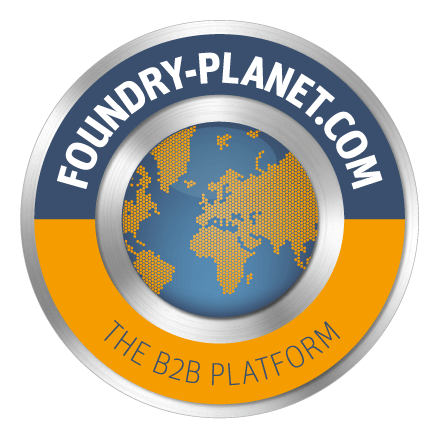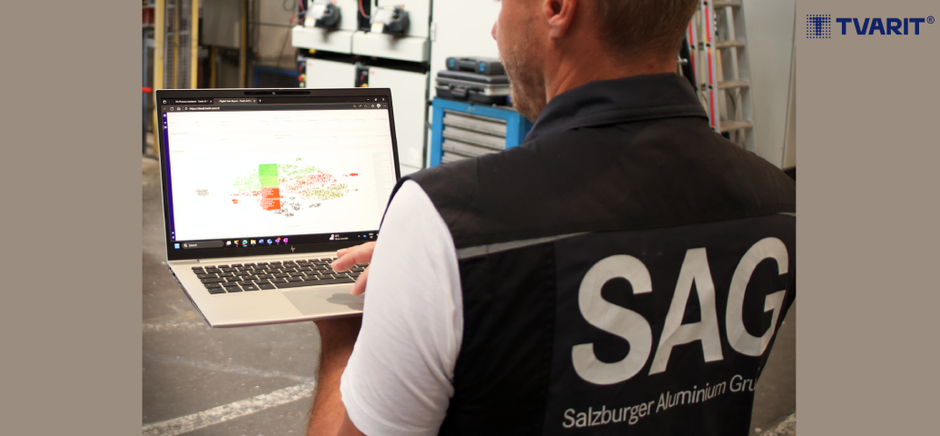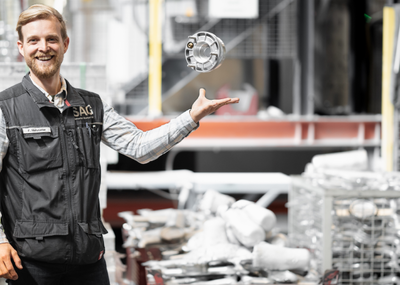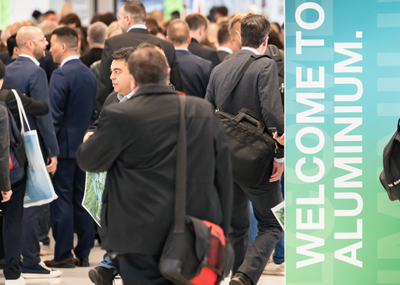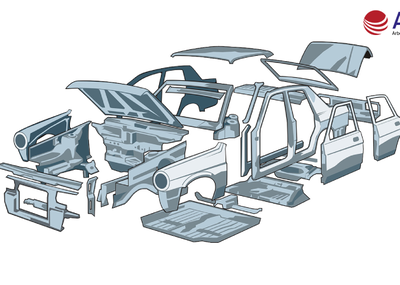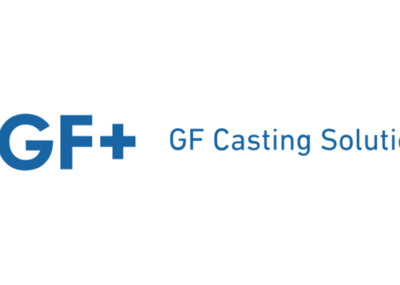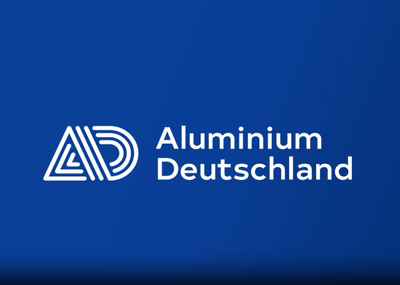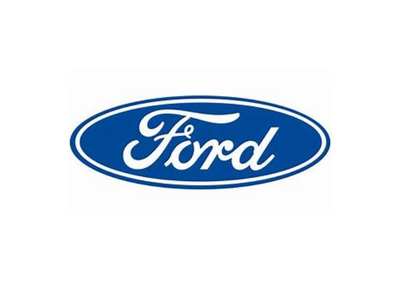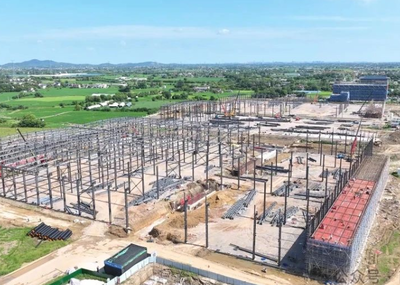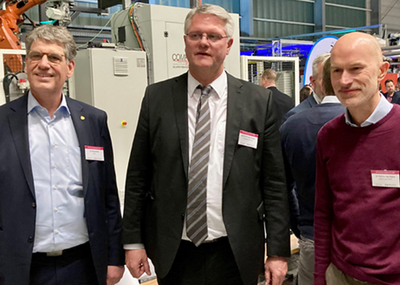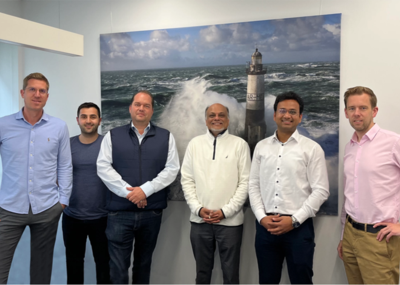Rheocasting is an innovative technique in light metal foundries in which aluminium is not processed in a liquid, as in conventional casting processes, but in a semi-solid state. Rheocasting improves mechanical properties and reduces porosity versus conventional HPDC, but process instabilities can still cause scrap.
AI-driven solutions are key to keeping scrap rates low: decreasing emissions, increasing yield, thus significantly strengthening a sustainable business case.
The Salzburger Aluminium Group (SAG), the global leader in Rheocasting, faced challenges in controlling and stabilising the Rheocasting process, which due to its complex nature, required an intuitive approach.
To tackle this, TVARIT’s hybrid AI was implemented, with a focus on minimizing scrap rates by improving first-pass yield and reducing costly re-melting. Data from Rheocasting and HPDC PLC systems and quality databases was combined to connect process and quality perspectives.
Using historic data, the system uncovered hidden correlations between parameters and quality issues, giving SAG deeper process understanding and enabling them to eliminate true drivers of scrap. The AI-Model prescribed optimal process windows, with continuous monitoring to keep operations within stable boundaries.
The result: Up to 40% lower Casting Related Scrap, higher efficiency, and long-term stability, translating into cost savings and a competitive edge.
“At SAG, we don’t just invent — we turn ideas into industry. To do that, we rely on a deep understanding of the process, using AI to uncover insights that make transformation possible.” commented Fabian Hofstätter, Rheocasting R&D Team Leader at SAG.
AI is the future of efficient foundries, enabling better decision-making, faster root-cause identification, and reduced emissions.
Get in touch today to learn how AI can enhance your foundry’s operations.
